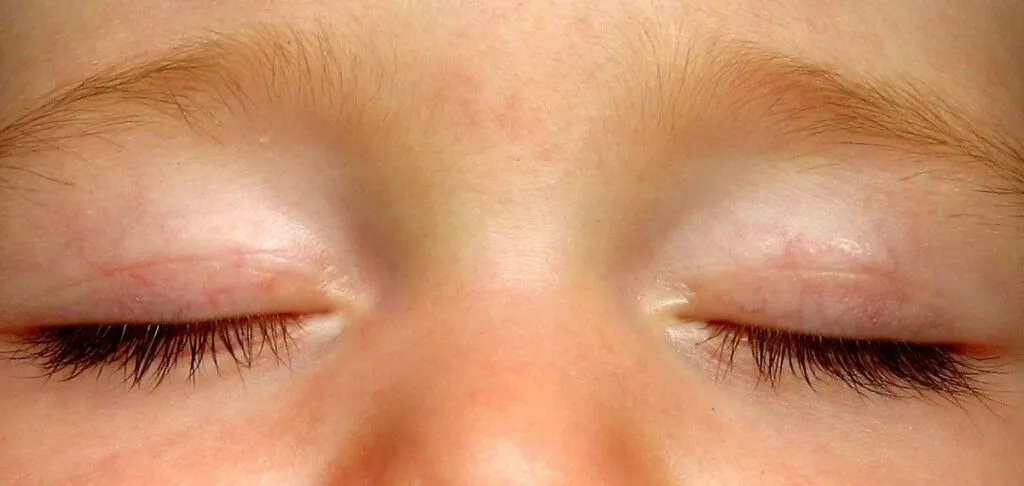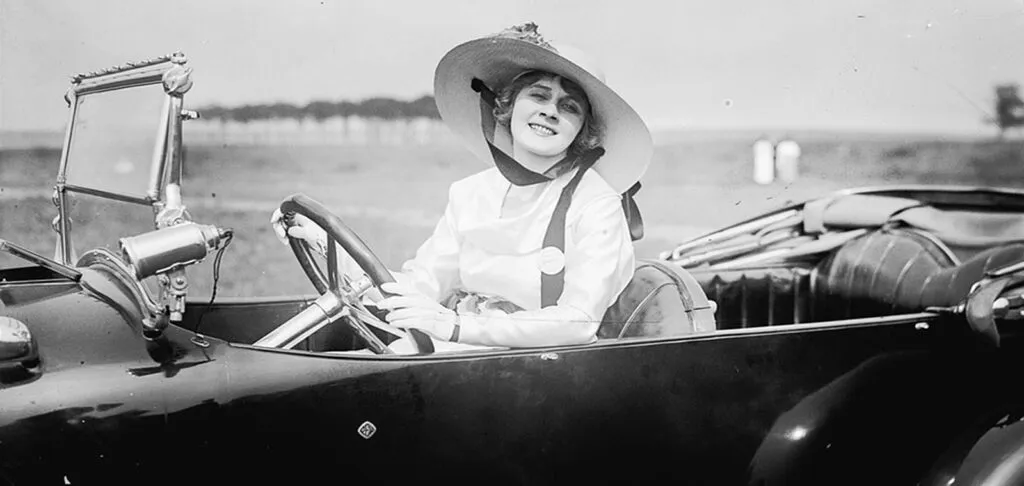
Eternal child
Close your eyes and imagine a small child. Without thinking, name the main features of his character. Most likely, you will remember the touching trustfulness that has not yet known disappointment, the irrepressible energy with which children do completely useless, at first glance, things: build sand houses, draw lopsided bears. But the most important thing is a child’s view of the world. The look of surprised and curious eyes, enchanted by the miracle of what is happening. The ability to look like this is inseparable from the ability to think and act creatively.
To be a creator, one must always remain a child, the poet Nikolai Gumilev believed, and acted accordingly. At meetings of the literary studio he led, writers frolicked and played hide-and-seek. In the hungry winter of 1920, at a poetry evening where frozen writers did not take off their fur coats and woolen scarves, Gumilev showed up in a tailcoat with a flower in his buttonhole. He made his wife Anna Akhmatova wear a silk evening dress.
But haven’t we forgotten anything, describing a child so tenderly? And what about the eternal whims and notorious childish cruelty? A child – both small and adult – does not know how to think about tomorrow, about others.
Here is a story about one poet who never grew up – Osip Mandelstam. During the civil war, food was rationed. Mandelstam agreed with the young poetess Irina Odoevtseva that he would eat the sugar she was entitled to, and in exchange he would give her his porridge. He ate the sugar. And the porridge too. “How is that possible?” Odoevtseva asked in amazement. No less astonished, Mandelstam replied in confusion: “I didn’t think you were hungry, too. If I had known, I would never have done that.”
While cultivating childish traits in yourself, you shouldn’t forget about the helplessness of a child. Defending themselves from the adult world, different children choose different tactics. Most try their best to live up to the expectations of their parents and teachers. Remember how high you raised your hand in the first grade, wanting to show that you knew the answer? How diligently you began to spread dust with a rag, hearing that your mother called you “her assistant”? Having grown up, such an “opportunist” continues to please everyone. Especially those above them, in front of whom they are terribly shy – their face changes, they constantly fiddle with something with their hands, damp with excitement. The life of a person who, trying to please others, is not a joy to themselves, is difficult.
Another manifestation of childish helplessness is rebellion against adults. This can turn one into an asocial type who does not put up with any restrictions. A rebellious child is first rude to elders, and when he enters adulthood, he begins to be rude to his superiors and everyone who tries to reason with him. Such personalities are good when it is necessary to start a revolution. But in peaceful life they feel like Pechorins and Bazarovs, i.e. superfluous people.
Portrait of a “child”:
- pouty look, downcast gaze;
- trembling lips, often cries;
- whining voice;
- shrugs shoulders;
- waves arms.
Favorite phrases of the “child”:
- I want, I don’t want;
- it makes me angry, I hate;
- I don’t care, what do I care.
Eternal parent
Eternal children could not survive in a world without eternal parents who take care of them and take responsibility for them. It is convenient to be with such people because you can always rely on them. Moreover, you can put all your worries on them.
Until now, many women are looking for a guardian who will solve all their life problems, rather than an equal partner for family life. Although in reality, they themselves often turn out to be caring “parents” of their husbands.
It is natural for close people to want to take care of each other and accept such care. But a parent is not only comfort and safety. It is also control: prohibitions and punishments. The one who takes on the chores reserves the right to lecture and scold, losing the love of loved ones and the affection of friends.
Portrait of a “parent”:
- frowning;
- pursed lips;
- shakes head disapprovingly, sighs;
- taps foot;
- crosses arms over chest;
- strokes other person’s head.
Favorite phrases of the “parent”:
- always, never, for nothing in the world;
- stop it;
- so, remember;
- how many times have I told you;
- I would in your place;
- my dear, poor thing;
- what nonsense.
Who will judge them?
Two old ladies on a trolleybus are discussing today’s youth. “They are so impudent!” sighs one. “Yes, no respect for elders,” the other shakes her head, pursing her lips. The “parents” have met, and complete harmony has been established between them.
“My head hurts so much,” complains the husband. “Go to bed. I’ll get you a pill right now,” answers the wife affectionately. The “child” is sick and the “parent” is taking care of him. The distribution of roles is ideal.
But let’s remember that scarf we started with, which hung helplessly on the arm of an overly caring wife. She was addressing the child sitting inside her husband. And she got an answer from him. But for some reason she was disappointed. Apparently, in real life you need to be able to be not only a “parent” and not only a “child”, but someone else who can get out of any situation.
American psychotherapist Eric Berne believes that this “someone” is an ordinary adult: mature, thoughtful, and benevolent. He is the one who can analyze the situation and decide who is better to be at a given moment – a “parent” or a “child”. Sometimes an adult will allow his inner child to frolic. But he will restrain his excitement and gullibility where these traits can turn into trouble. For example, when communicating with sellers. “This brand of refrigerator is the best, but it is probably too expensive for you.” “Well, I’ll just go and buy it!” – the “child” thinks and… fulfills the seller’s wish. “Yes, you are right. This model is a bit expensive,” the adult answers and does not lose out.
It turns out that the most sensible thing for a person is to be able to take on parental responsibility and from time to time admire the world in the way that only children can do.



